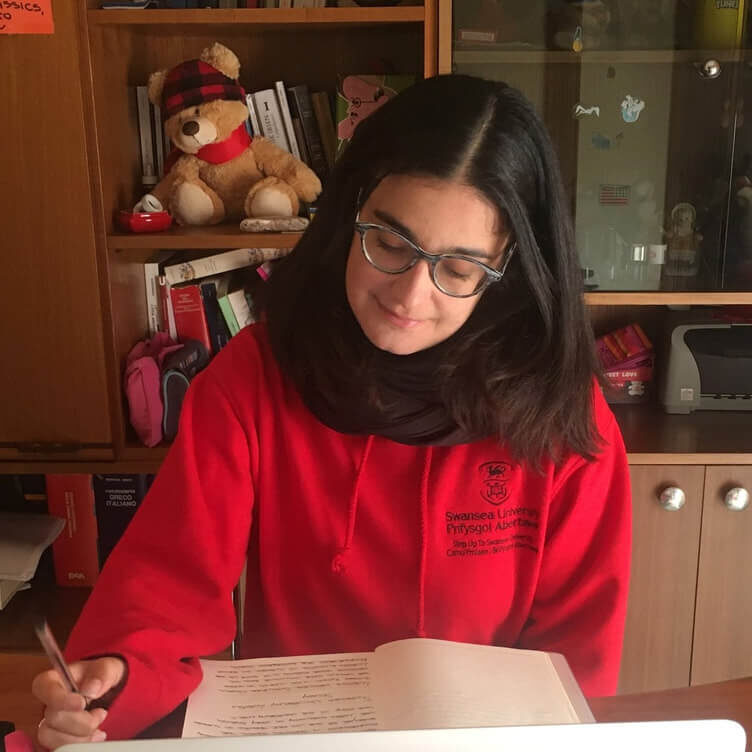My PhD Journey As An International Student
Marika Strano, a first-year PhD student in English Literature at Swansea University, shares her journey as an international student in her PhD program. Despite the difficulties and rejections she faced before being accepted at Swansea, Marika was thrilled when she finally received her offer to study in the UK, but she also shares the challenges of being an international student and how it affects her mental health.



